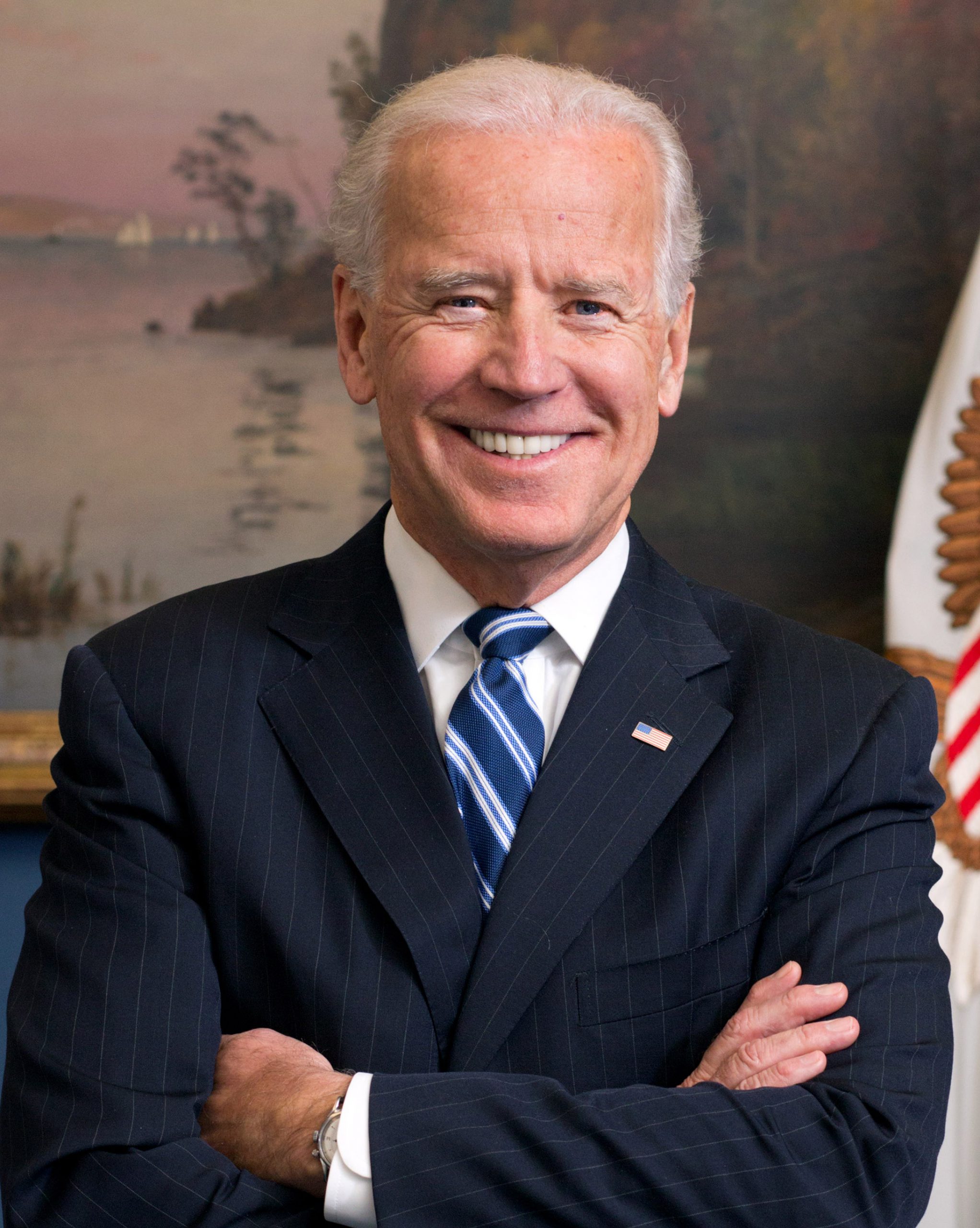On May 25, 2023, President Joe Biden (D) vetoed H.J.Res.42 – Disapproving the action of the District of Columbia Council in approving the Comprehensive Policing and Justice Reform Amendment Act of 2022. This was the fourth veto of his presidency.
H.J.Res.42 was a joint resolution of disapproval under the terms of the District of Columbia Self-Government and Governmental Reorganization Act, also known as the Home Rule Act, which allows Congress to nullify D.C. laws within a certain review period. The D.C. law this resolution sought to nullify was the Comprehensive Policing and Justice Reform Amendment Act of 2022, which “[set] forth a variety of measures that focus on policing in the District, including measures prohibiting the use of certain neck restraints by law enforcement officers, requiring additional procedures related to body-worn cameras, and expanding access to police disciplinary records.”
In his veto message, Biden said, “While I do not support every provision of the Comprehensive Policing and Justice Reform Amendment Act of 2022, this resolution from congressional Republicans would overturn commonsense police reforms such as: banning chokeholds; setting important restrictions on use of force and deadly force; improving access to body-worn camera recordings; and requiring officer training on de-escalation and use of force. The Congress should respect the District of Columbia’s right to pass measures that improve public safety and public trust.”
Sen. J.D. Vance (R-Ohio), who discharged the resolution on the Senate floor, argued in favor of passing the resolution, saying, “Congress must exert our constitutional authority to keep our nation’s capital safe. It’s a disgrace that the capital of the most powerful nation on earth has become so dangerous, but this sad reality is exactly what we should expect when far-left activists are calling the shots.” After Biden vetoed the resolution, Vance said, “With today’s veto, President Biden rejected a bipartisan and commonsense effort to make our nation’s capital safer.”
Overriding a presidential veto requires a two-thirds majority vote in both chambers of Congress. The House of Representatives and Senate both passed the resolution by a simple majority.
The House of Representatives voted 229-189 to approve the resolution on April 19, 2023, with 14 Democrats and 215 Republicans voting in favor. The Senate voted 56-43 to approve the resolution on May 16, with six Democrats, one Independent who caucuses with Democrats, Sen. Angus King (I-Maine), and 48 Republicans voting in favor. Rep. Andrew Clyde (R-Ga.) introduced the resolution on March 9.
This was the second Home Rule Act resolution related to D.C. criminal law to make it to Biden’s desk during the 118th Congress. The first was H.J.Res.26, which sought to nullify a D.C. law that would make “a variety of changes to DC criminal laws, including by providing statutory definitions for various elements of criminal offenses, modifying sentencing guidelines and penalties, and expanding the right to a jury trial for certain misdemeanor crimes.” Biden signed the resolution into law on March 20, 2023, marking the fourth time the federal government had nullified a D.C. law under the terms of the Home Rule Act since its passage in 1973.
President Ronald Reagan (R) issued the most vetoes (87) of all presidents since 1981. Biden, with four vetoes, has issued the fewest. President Donald Trump (R) issued the second-fewest vetoes (10) within this timeframe.
Presidents have issued 2,586 vetoes in American history. Congress has overridden 112. President Franklin D. Roosevelt vetoed 635 bills, the most of any president. Presidents John Adams, Thomas Jefferson, John Q. Adams, William H. Harrison, Zachary Taylor, Millard Fillmore, and James A. Garfield did not issue any vetoes.
Additional reading:


